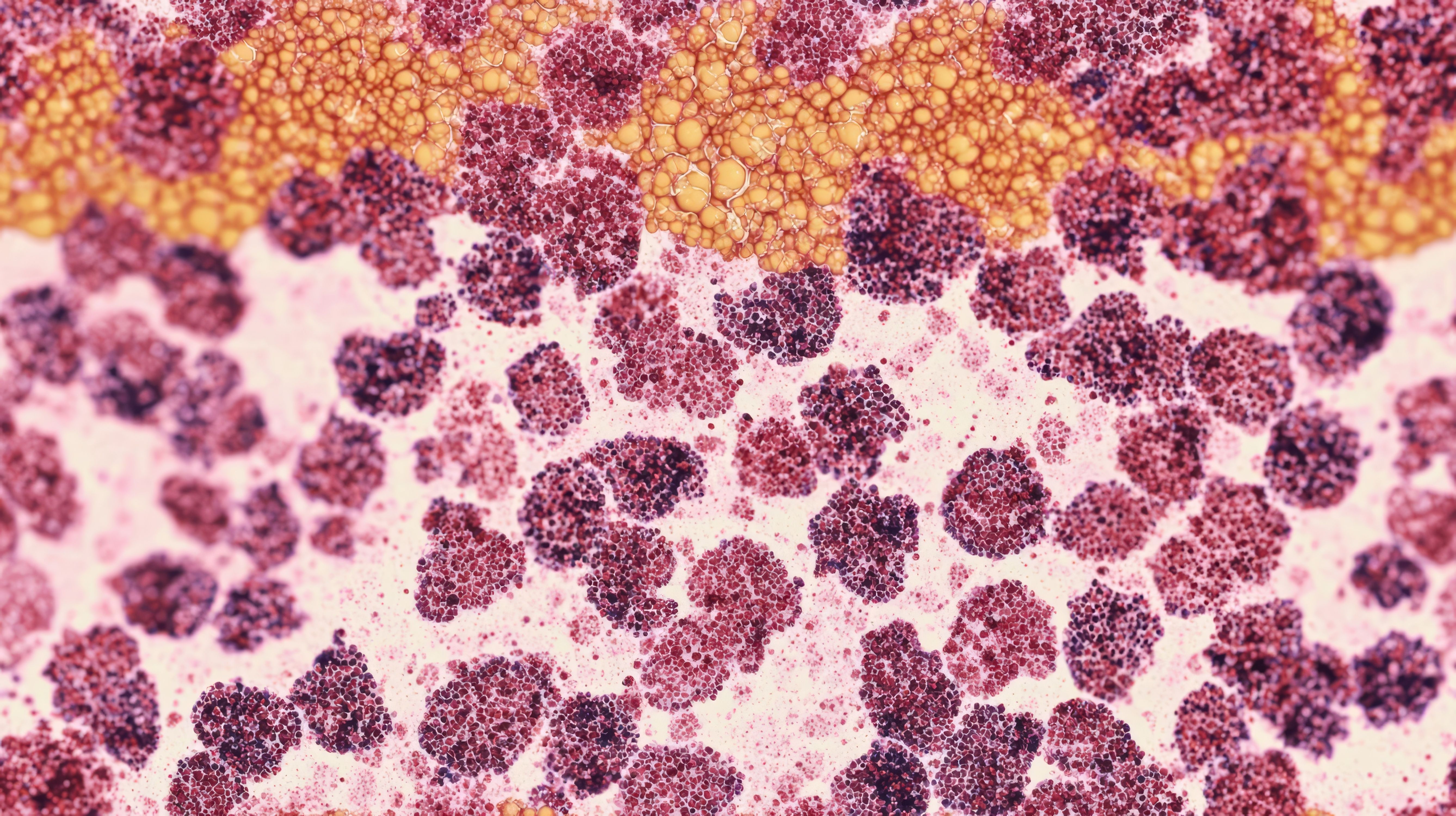Article
Experimental Drug Significantly Reduces Prostate Cancer Cell Proliferation
Author(s):
A novel drug used in combination with radiation found to be a more effective treatment for prostate cancer.
An experimental drug was found to significantly reduce the proliferation of prostate cancer cells in laboratory cell cultures and animals, according to a study published in Cancer Research.
Aside from the advanced stages of the disease, prostate cancer is treated with radiation as first-line therapy. However, in some individuals, the cancer can build up a resistance to the effects of radiation.
In the new study, researchers sought to extend the effects of radiation before resistance kicks in, while also reducing the amount of damage inflicted on healthy tissue.
Prior findings from the research team indicated that the protein DDX3 appeared to be dysregulated in many cancer types, including breast, colorectal, lung, prostate, and sarcoma. Furthermore, the more aggressive the cancer, the higher the expression of DDX3.
Next, researchers developed a molecule called RK-33 designed to disrupt the function of DDX3 by locking on to a portion of the protein. In their prior studies using cell cultures, the researchers found that when they added RK-33 to malignant lung and other cancerous cells that highly expressed DDX3, the proliferation slowed or halted, impairing the cells’ ability to form colonies.
Furthermore, RK-33 appeared to be a radiosensitizer that made the effects of radiation more pronounced.
In the current study, researchers examined prostate cancer tissue samples from University Medical Centre Utrecht. There were 23 samples with a Gleason score higher than 7. Of these samples, 8 had high expressions of DDX3. The results confirmed their earlier findings that the higher the expression of DDX3, the more aggressive the cancer.
The researchers employed gene engineering techniques to knock out DDX3 expression in laboratory-grown cell cultures that highly expressed the protein. The results of the study showed that cell proliferation was half that of cell cultures with high DDX3 expression. Cultured cells with RK-33 had a similar effect.
When the drug was combined with radiation, the effects were synergistic, allowing it to kill 2 to 4 times more cells than radiation alone.
The researchers then tested the effects of RK-33 plus radiation in mice injected with human prostate cancer cells that highly expressed DDX3. The results showed that within a few weeks, the mice had formed tumors, and the dual treatment produced results that paralleled those seen in cell cultures.
Since there appeared to be no toxic effects from the experimental drug in mice, it could be a promising drug to test in humans, according to the study.
“A lot of work still needs to be done to develop this into a chemotherapy drug,” said researcher Venu Raman, PhD. “But based on our findings, we think it could fill an unmet need in making the most common treatment for prostate cancer more effective.”
Newsletter
Stay informed on drug updates, treatment guidelines, and pharmacy practice trends—subscribe to Pharmacy Times for weekly clinical insights.




